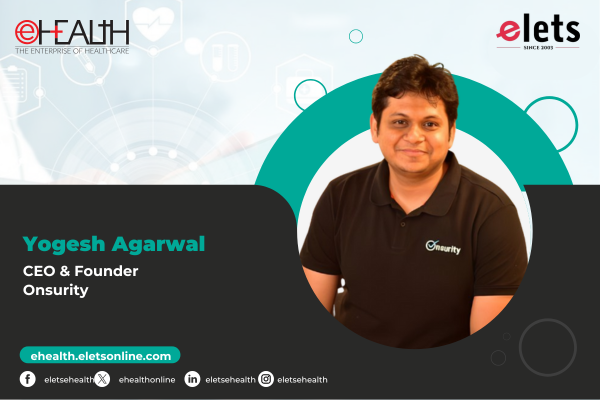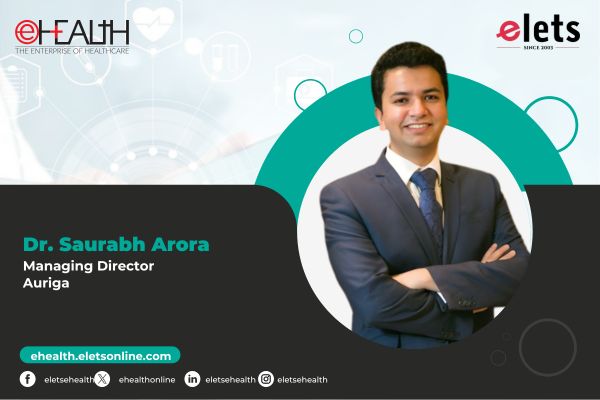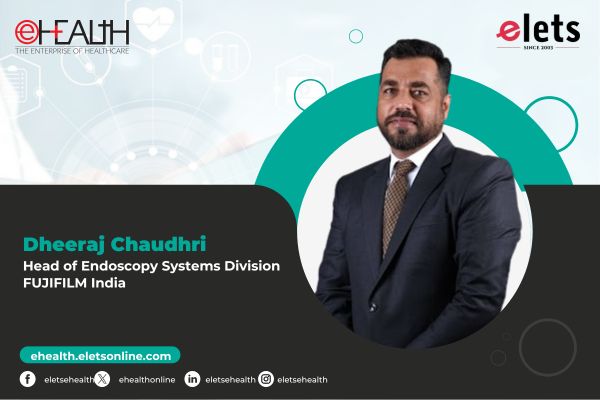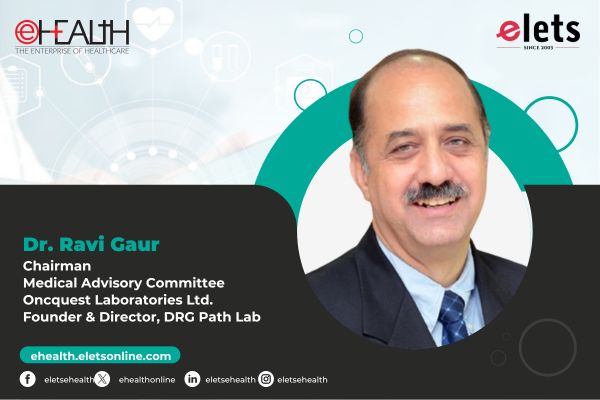
The healthcare landscape is evolving rapidly, much of it driven by advancements in artificial intelligence (AI). Among these advancements, generative AI (GenAI) is poised to deliver remarkable benefits, along with associated challenges. Across various segments, GenAI is opening up new opportunities, holding the power to revolutionize how we approach and resolve complex problems by offering previously unimaginable innovations and creative solutions.
The GenAI market is projected to skyrocket to an estimated $120 billion by 2030, with its most significant impact expected in healthcare. GenAI is set to fundamentally reshape healthcare delivery, and early signs of widespread adoption are already visible.

Personalized Care and Guided Diagnosis
With medical data scattered across multiple systems and sources, physicians often struggle to provide the most effective care and treatment at the lowest cost. Generative AI can help by aggregating data from patients’ medical histories, family histories, lifestyles, and other factors, summarizing key insights, and offering follow-up recommendations that physicians can review during patient visits. For example, the use of GenAI in diagnosing sepsis, a life-threatening condition, is currently being explored. Similarly, GenAI’s ability to enhance medical imaging data and facilitate earlier disease diagnosis can significantly improve patient outcomes. By synthesizing medical histories and acting as a clinical “co-pilot,” GenAI can free up resources, ultimately driving better patient care in an already overstressed healthcare system.

Healthcare Management
Payers and providers must pull data from diverse sources, including socioeconomic and geographic factors, to shape policies that improve population health outcomes. Generative AI enables targeted outreach by identifying at-risk populations and facilitating personalized campaigns. For instance, large language models (LLMs) can generate tailored educational materials for patients, explaining medical conditions and treatment options in easily understandable terms. Additionally, LLMs can help overcome language barriers by translating medical information, further supporting outreach efforts.

Drug Discovery
In contrast to traditional methods, generative AI can generate novel drug candidates based on predefined research criteria and constraints. By training on chemical properties of known drugs, GenAI can suggest new candidates with similar properties but different structures, potentially leading to safer and more effective treatments. It can also analyze large datasets of drug-target interactions to predict the efficacy and safety of new drug candidates. By identifying patient subgroups more likely to respond to specific drugs, GenAI helps personalize therapy and enhance outcomes. This capability could significantly reduce the costs and timelines associated with drug development by minimizing the need for costly, time-consuming experimental trials.

Also Read: India@78: Addressing the Thalassemia Crisis
Operational Efficiencies
A study revealed that using a GenAI-based conversational assistant increased workers’ productivity by 14% on average, as measured by issues resolved per hour. Healthcare providers can similarly reduce administrative burdens by leveraging GenAI across various use cases, including improving member communications via digital channels and serving as a physician scribe. For example, physicians can use GenAI to automate the extraction of relevant information from patient discussions, summarize the interactions, and integrate the notes into electronic health records (EHR) systems. This not only boosts physician productivity but also improves the accuracy of patient data.
Generative AI can also streamline payer operations. Digital communication channels, like chatbots, can be significantly enhanced by tapping into the payer’s knowledge base, including policy documents. GenAI can also automate the generation of approval and denial letters, expedite prior authorization responses, and speed up claim processing, improving both speed and effectiveness.
The Future of Generative AI in Healthcare
Analysts report that venture capital firms have invested $5 billion in generative AI solutions over the past three years, with AI-enabled drug discovery and AI-powered software coding receiving the most funding. Integrating generative AI into your business strategy can help your organization scale, accelerate operations, reduce costs, and implement new business models. The increasing investment and focus on generative AI offerings by healthcare providers further underscore its transformative potential.
However, the generative AI landscape is not without risks, particularly in a highly regulated industry like healthcare. Bias, discrimination, intellectual property concerns, and data privacy and security issues are significant risks that organizations must address through robust governance practices.
Views expressed by: Sameer Dhanrajani, CEO, AIQRATE & 3AI
Be a part of Elets Collaborative Initiatives. Join Us for Upcoming Events and explore business opportunities. Like us on Facebook , connect with us on LinkedIn and follow us on Twitter , Instagram.
"Exciting news! Elets technomedia is now on WhatsApp Channels Subscribe today by clicking the link and stay updated with the latest insights!" Click here!
















